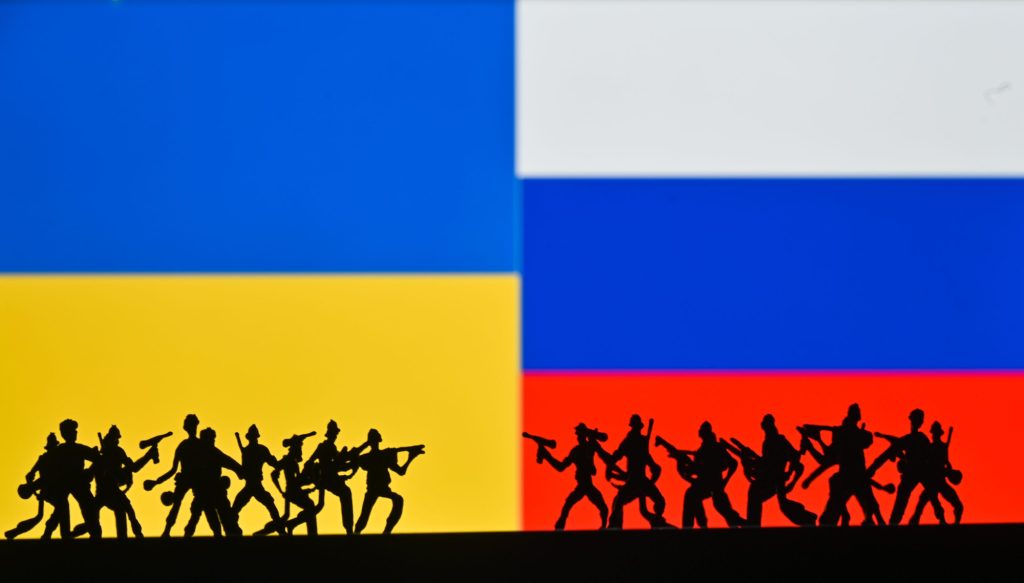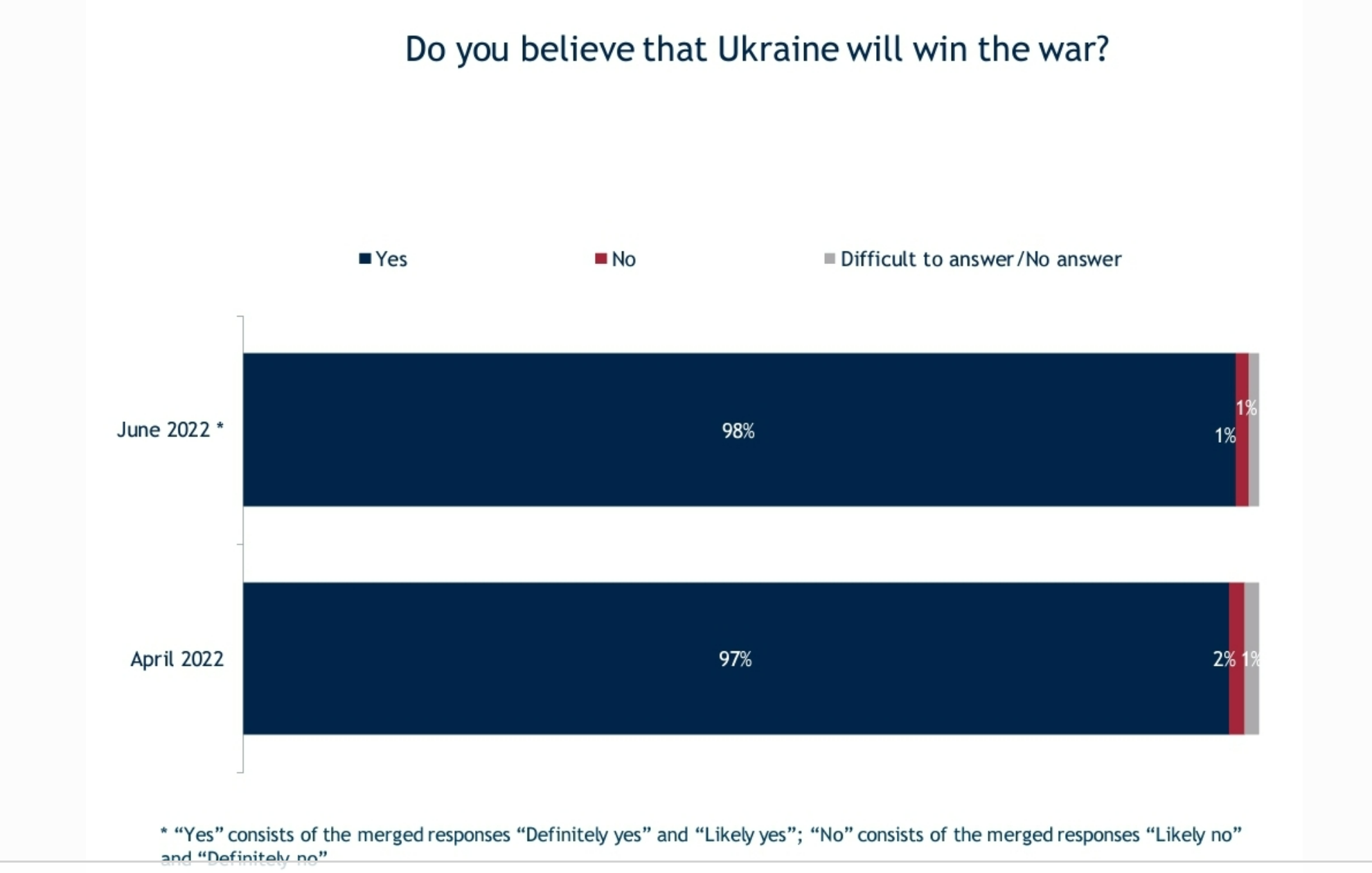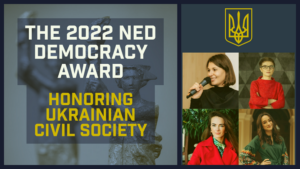
Credit: ACUS
By drawing on soldiers with little training and even ordinary civilians to win on the battlefield, Ukraine has highlighted a bigger trend in warfare, one with implications that extend beyond this conflict: the democratization of military power, notes Lauren Kahn, a Research Fellow at the Council on Foreign Relations.
Ukraine’s tools have expanded the warfighting beyond the physical battlefield—and beyond traditional military and state actors—to allow everyday citizens, private companies, and civilian institutions to help in the fight. It’s a trend that will change how other countries conduct wars moving forward, she writes for Foreign Affairs:
The war has demonstrated how modern tools can disperse military power among millions of people. The democratized nature of this conflict is not without precedent. In On War, the famed military theorist Carl von Clausewitz told a similar tale from the nineteenth century. According to Clausewitz, when Austria and Prussia prepared to fight against France in the French Revolutionary Wars, they assumed it would simply be a matter of their armies versus France’s. They did not think they would be fighting against the whole of France’s population.

Credit: IRI
Ukrainians believe they will win the war, according to a recent survey from the International Republican Institute (above).
But while Ukrainians understandably want to defeat Russia’s aggression, achieve victory and liberate their lands, they are also understandably torn when faced with the real life-or-death dilemmas of this war, according to a new survey. We offered respondents three options, note analysts Karina V. Korostelina and Gerard Toal: “yes, we need an immediate cease-fire no matter the territorial cost” (5.6 percent chose this response); “yes, we need a cease-fire but only under the right conditions” (15.4 percent); and “no we should only have a cease-fire when we have liberated all our lands” (70.5 percent).
 But it’s more complicated than that, they write for The Washington Post’s Monkey Cage:
But it’s more complicated than that, they write for The Washington Post’s Monkey Cage:
Close to 27 percent of our sample of front line Ukrainians believe that it’s more important to save the lives of Ukrainian soldiers and civilians rather than continue the war to free all Ukrainian territories including Crimea and Donbas. And 36 percent believe the opposite, prioritizing reclaiming all areas of the country currently under Russian control. Ukrainians overwhelmingly held strong views — both groups saw this topic as “very important.” In contrast, 34 percent saw both needs as equally important (“don’t know” and “refuse to answer” responses made up the rest).
With the help of civilian institutions and ordinary individuals, Ukraine has given itself more opportunities to succeed on what would otherwise be a lopsided battlefield, CFR’s Kahn adds. And in Ukraine’s fight for its own democracy, it has managed to democratize warfighting itself, setting a new precedent for twenty-first century warfare.
Do Ukrainians want a ceasefire? #KarinVKorostelina & @Toal_CritGeo write for @monkeycageblog https://t.co/v5hBHGTfAi
— Democracy Digest (@demdigest) August 30, 2022







